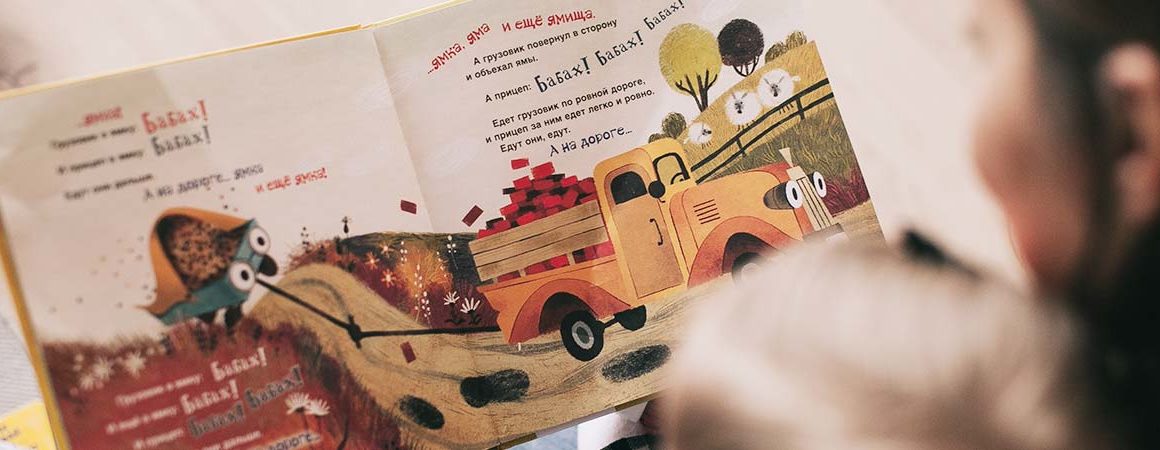What does scientific research say about whether dyslexia is inherited? The answer to this question requires an understanding of some background issues. First, genes rarely dictate that a particular characteristic is certain to be passed from one related person to another. Rather, shared genes most often increase the probability that a trait will be passed from one family member to another. Second, the probability that a trait is influenced by genetics is usually expressed by a heritability index. A heritability index of 1.0 would indicate that a family member who possessed a trait would be certain to pass that trait along to his or her progeny. In contrast, an index of 0.0 would indicate that genetics plays no role whatsoever in determining the existence of a particular trait among family members. There are virtually no circumstances where heritability indices of 1.0 or 0.0 are actually found in research so the majority of the indices actually found fall between 1 and 0.
Aug
05


 Facebook
Facebook
 Yelp
Yelp


